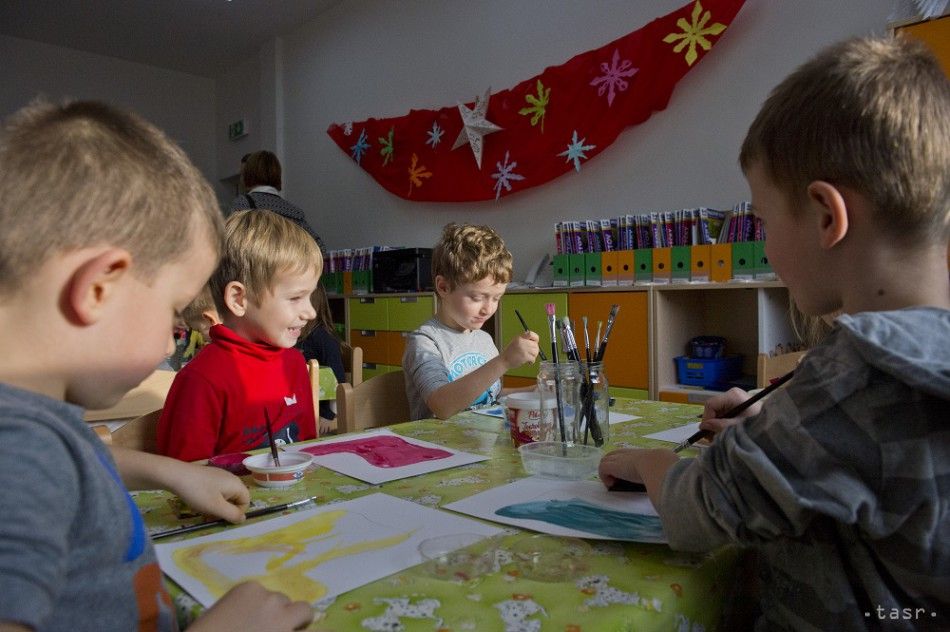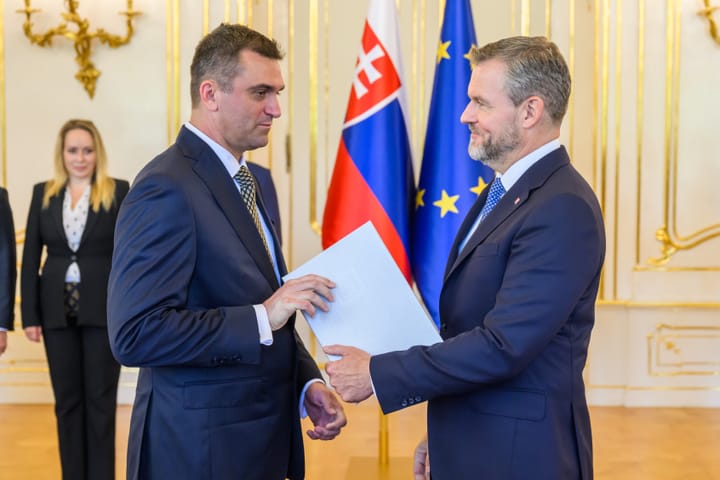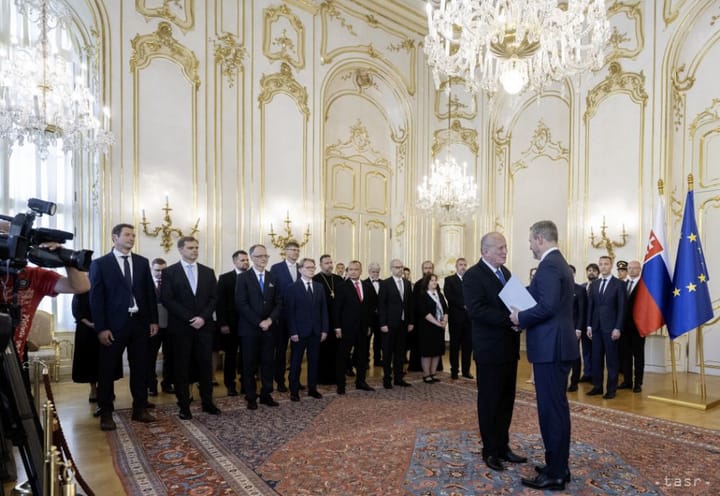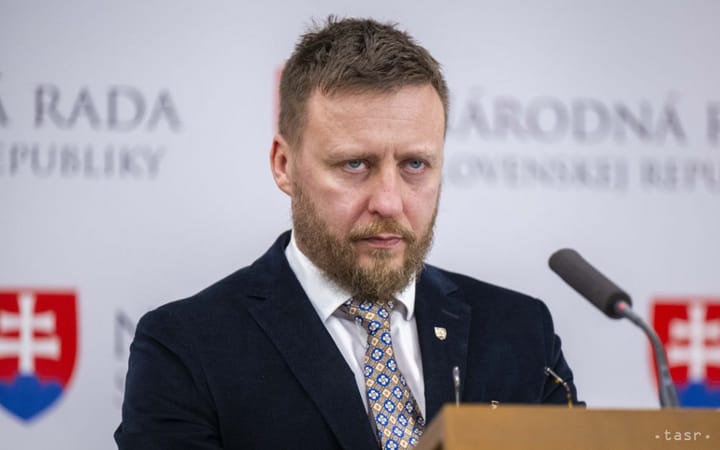Caputova OKs Manadatory Pre-school Education by Signing Bill

Bratislava, July 10 (TASR) – President Zuzana Caputova has approved the introduction of compulsory pre-school education for all five-year-old children by signing an amendment to the Education Act.
The amendment introduces lower qualification requirements for people who educate their children at home. The originally proposed university education in teaching has been changed to secondary school education ended with a graduation exam. The amendment also sets exact maximum numbers of children per class.
The bill was approved by the House in late June. The Education Ministry has told TASR that the aim is to improve national testing results and to help children from marginalised communities to integrate better by gradually curbing shortcomings related to cultural and societal conventions.
Education, Science, Research and Sport Minister Martina Lubyova (a Slovak National Party/SNS nominee) has welcomed the president’s decision [to sign the law], as it’s among the key steps that might help to improve the results of Slovak pupils in international testing and educate children from marginalised Roma communities and socially disadvantaged backgrounds.
The amendment also bans political activities at schools and introduces the obligation for all teachers to reveal any criminal convictions.
The Slovak Towns and Villages Association (ZMOS) asked the president not to sign the amendment, claiming that it violates the Constitution and will cause technical problems.
Martina Goffova of the President’s Office’s press department has told TASR that the president has noted the concerns of some parents, as well as ZMOS. However, Slovakia significantly lags behind other EU countries in terms of preparing children for primary school. “Compulsory pre-school preparation is a common way of addressing this problem in neighbouring countries,” stated Goffova.
According to Caputova, the amendment allows exceptions for parents who would prefer their children to undergo pre-school preparation at home. She views it as sufficient with regard to the reservations that were presented to her.



